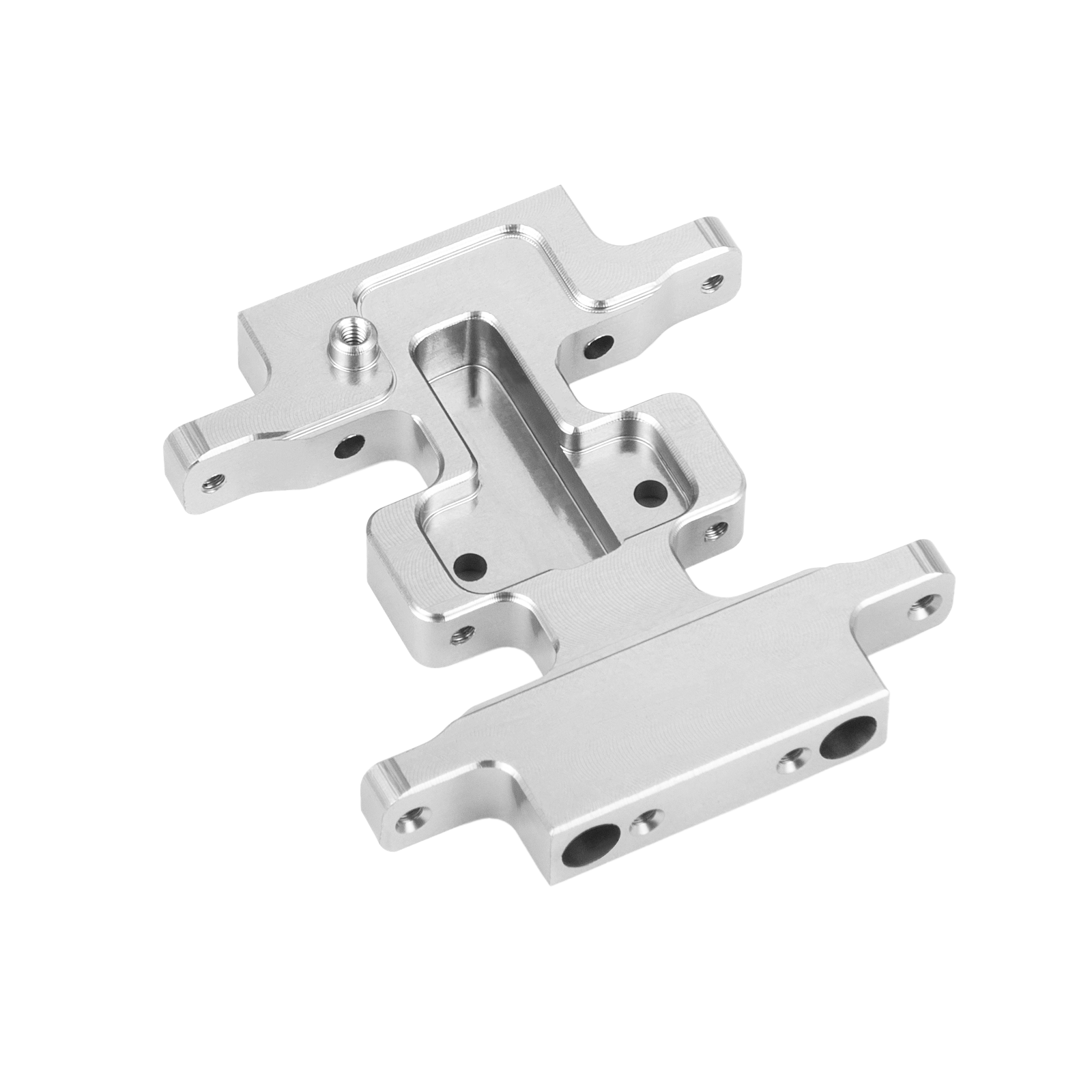Professional CNC Turning Services Supplier & Manufacturer | ZUERST
Expert CNC Turning Services From China
What is CNC Turning?
CNC Turning is a precise manufacturing process that uses computerized controls to operate cutting tools and shape materials into cylindrical parts. This method is essential for creating high-precision components used in various industries, ensuring accuracy and consistency in production.
How CNC Turning Works
CNC lathes use the subtractive method to achieve the desired shape, starting with the creation of G-code. Once the G-code is ready, a solid rod or blank is loaded into the chuck of the lathe spindle. When the spindle rotates, the chuck holds the workpiece firmly in place. Once the spindle has reached running speed, a fixed cutting tool is introduced into the workpiece to remove excess material until the desired shape is reached. This precise cutting method and advanced technology allow CNC lathes to create a range of shapes with high precision and consistency.
Key Features of CNC Turning
★ Precision and Accuracy: Our CNC turning services deliver high-precision parts with tight tolerances, ensuring each component meets exact specifications. This precision is crucial for industries where even the smallest deviation can impact performance and safety.
★ Advanced Technology: We utilize state-of-the-art lathes and turning centers, including single-spindle, multi-spindle, and Swiss turning machines. These advanced technologies enable us to handle complex geometries and produce parts with exceptional accuracy and consistency.
★ Material Versatility: Our CNC turning capabilities extend to a wide range of materials, including metals such as aluminum, steel, and titanium, as well as plastics like ABS, PEEK, and polycarbonate. This versatility allows us to meet the diverse needs of various industries and applications.
CNC Turning Tolerances
Achievable Tolerances At ZUERST, we achieve tight tolerances up to ±0.02mm, ensuring the highest level of precision for your components. Our advanced CNC turning machines and skilled machinists allow us to meet stringent tolerance requirements consistently.
Importance in Applications Precision tolerances are crucial in industries like aerospace, medical, and automotive, where even the smallest deviations can affect performance, safety, and reliability. High tolerance levels ensure parts fit and function correctly, contributing to the overall quality and efficiency of the final product.
Surface Finishes for CNC Turned Parts
★ Standard Finishes: Our standard finishes include as-machined, smooth, and matte finishes. These are suitable for most applications where aesthetic appearance is secondary to functionality. The as-machined finish provides a clean, precise look directly off the CNC machine, with minimal post-processing required.
★ Advanced Finishes: For applications requiring specific aesthetic or functional properties, we offer advanced finishing options such as anodizing, powder coating, polishing, and plating. These finishes enhance the appearance, corrosion resistance, and durability of the parts, making them ideal for high-visibility or harsh environment applications.
Materials for CNC Machining Parts
Zuerst offers a wide variety of materials for custom CNC machining, plastic, and metal,
including but not limited to:
CNC plastic
Industries Served
Why Choose ZUERST?
Experience and Expertise With over a decade of experience in CNC turning, ZUERST brings unparalleled expertise to every project. Our skilled team utilizes advanced technology to deliver precise and high-quality components, ensuring your project's success.
Customer Support Our dedicated customer support team is available 24/7 to assist you. Whether you need technical guidance or have specific project inquiries, our experts are here to provide timely and effective solutions, ensuring a smooth and efficient process from start to finish.
Get Started
Ready to begin your CNC turning project with ZUERST? Request a quote or contact us for more information. Simply upload your CAD files to receive instant feedback and pricing. Our team is here to support you every step of the way, ensuring precision and efficiency for all your CNC turning needs.
OEM
ODM
Distributor














